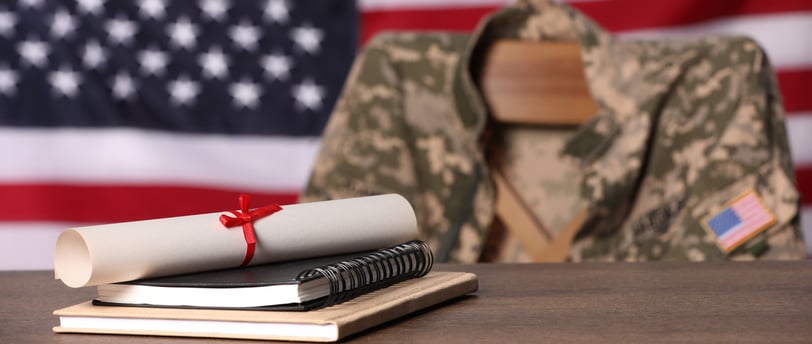
A Second Chance: Programs Helping Veterans Reintegrate After Incarceration
4/1/20242 min read


For veterans reentering society after incarceration, finding support can be critical for successful reintegration. Programs nationwide have recognized the unique challenges these veterans face, offering services that address employment, mental health, housing, and more. Here are a few impactful initiatives that provide a “second chance” for justice-involved veterans:
1. Veterans Treatment Courts
Veterans Treatment Courts (VTCs) operate in many states as an alternative to traditional sentencing. They connect veterans to services that address underlying issues like PTSD, substance abuse, and mental health conditions, which often contribute to criminal behavior. By offering structured treatment, mentorship, and regular check-ins, VTCs have shown success in reducing recidivism among veterans and promoting rehabilitation over punishment.
2. VA’s Health Care for Reentry Veterans (HCRV) Program
The Department of Veterans Affairs provides specialized health care programs designed to support reentering veterans. HCRV focuses on ensuring that veterans exiting the justice system have access to VA healthcare benefits, including mental health services and substance use treatment. Case managers work with veterans to create a tailored reentry plan that may include medical care, housing assistance, and connection to local resources.
3. The Incarcerated Veterans Transition Program (IVTP)
IVTP, a collaboration between the VA and veteran advocacy organizations, helps incarcerated veterans with pre-release planning and post-release support. Services include job training, assistance with housing, and access to educational resources. By preparing veterans for release and providing ongoing guidance, IVTP aims to reduce the risks of homelessness and unemployment among this population.
4. Operation Stand Down and Other Nonprofits
Many local and national nonprofits, like Operation Stand Down, offer reintegration services specifically for veterans. These organizations often provide emergency housing, job training, and community support. They also have programs designed to meet the needs of formerly incarcerated veterans, offering mentorship and social networks that help veterans reintegrate into their communities.
5. Employment and Skill-Building Programs
Several state and federal programs provide job training and placement services to formerly incarcerated veterans. Programs like the Department of Labor’s Homeless Veterans’ Reintegration Program (HVRP) and private-sector partnerships work to enhance employability and financial stability for these veterans. By focusing on skills in high-demand sectors, veterans can build sustainable careers that support long-term stability.
These programs provide crucial opportunities for veterans reentering society, offering the support needed to rebuild their lives and contribute positively to their communities. As awareness grows, more resources are becoming available to ensure that veterans receive the support they deserve on their journey to a successful second chance.

Headquarters:
980 9th Street, #780, Sacramento, CA 95814
916-604-8067
info@legacyveterans.org


Los Angeles Office
1100 Glendon Ave, #580, Los Angeles, CA 90024
213-260-1719
Houston Office:
11757 Katy Fwy, #990, Houston, TX 77079
713-832-1350
